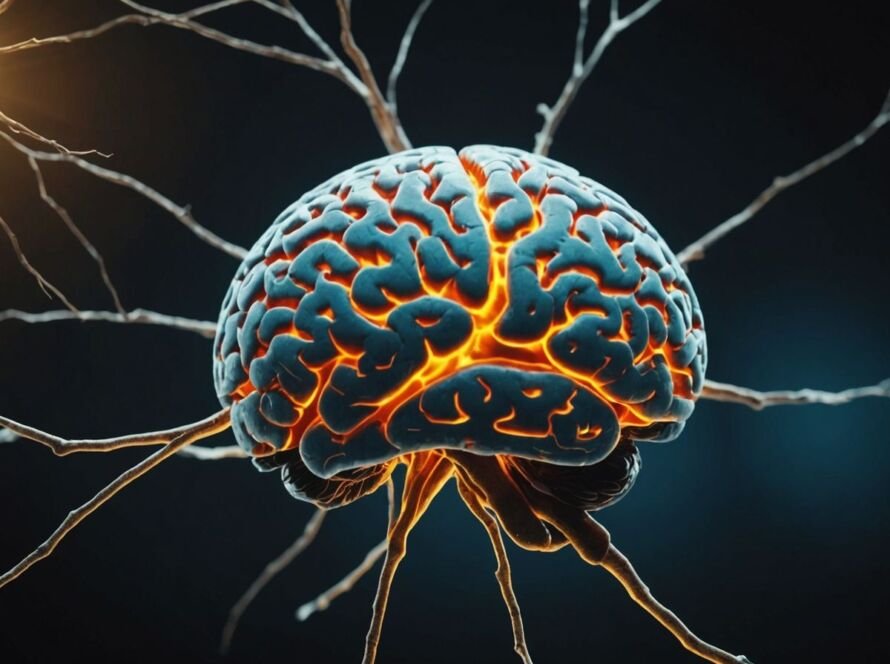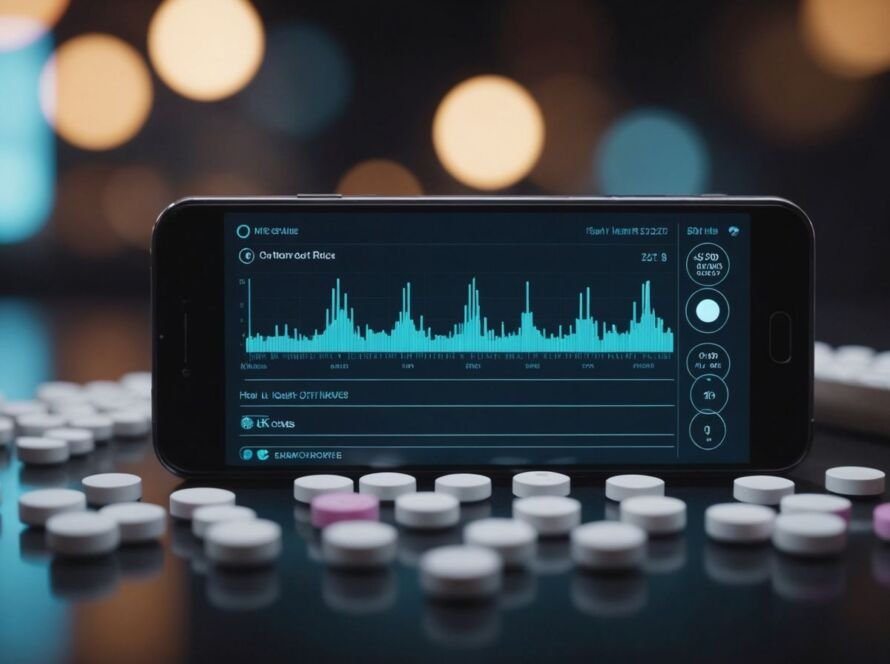In a groundbreaking discovery, researchers have identified a specific pattern of autoantibodies in the blood that can predict the onset of multiple sclerosis (MS) years before clinical symptoms appear. This finding could pave the way for early diagnosis and more effective treatment of the debilitating disease.
Key Takeaways
- Early Detection: A unique set of autoantibodies was found in 10% of MS patients, years before symptoms appeared.
- Predictive Biomarker: The autoantibody pattern was 100% predictive of an MS diagnosis.
- Potential for Early Intervention: Early detection could lead to timely and more effective treatments.
The Discovery
Researchers from UC San Francisco have discovered that in about 1 in 10 cases of MS, the body begins producing a distinctive set of antibodies against its own proteins years before symptoms emerge. These autoantibodies appear to bind to both human cells and common pathogens, possibly explaining the immune attacks on the brain and spinal cord that are the hallmark of MS.
The Study
The study utilized blood samples from the U.S. Department of Defense Serum Repository, analyzing samples from before and after the diagnosis of 250 MS patients. The researchers also examined comparable blood samples from 250 healthy veterans. The findings were published in Nature Medicine on April 19.
Consistent Findings
Using a mere one-thousandth of a milliliter of blood from each time point, the scientists found that 10% of the MS patients had a striking abundance of autoantibodies years before their diagnosis. This pattern of autoantibodies was consistent across different cohorts and was found to be 100% predictive of an MS diagnosis.
Implications for Treatment
The scientists hope that the autoantibodies they have discovered will one day be detected with a simple blood test, giving patients a head start on receiving treatment. Early intervention with newer, more potent therapies could significantly improve the quality of life for MS patients.
Future Research
Many questions remain about MS, ranging from what instigates the immune response in some MS patients to how the disease develops in the other 90% of patients. However, the researchers believe they now have a definitive sign that MS is brewing, which could enhance the chances of moving from suppression to cure.
Conclusion
This discovery holds promise for transforming the management of MS, moving towards earlier and more precise treatments. With further research and development, a simple blood test could become a standard tool for early MS diagnosis, offering hope for a better life for those at risk.

